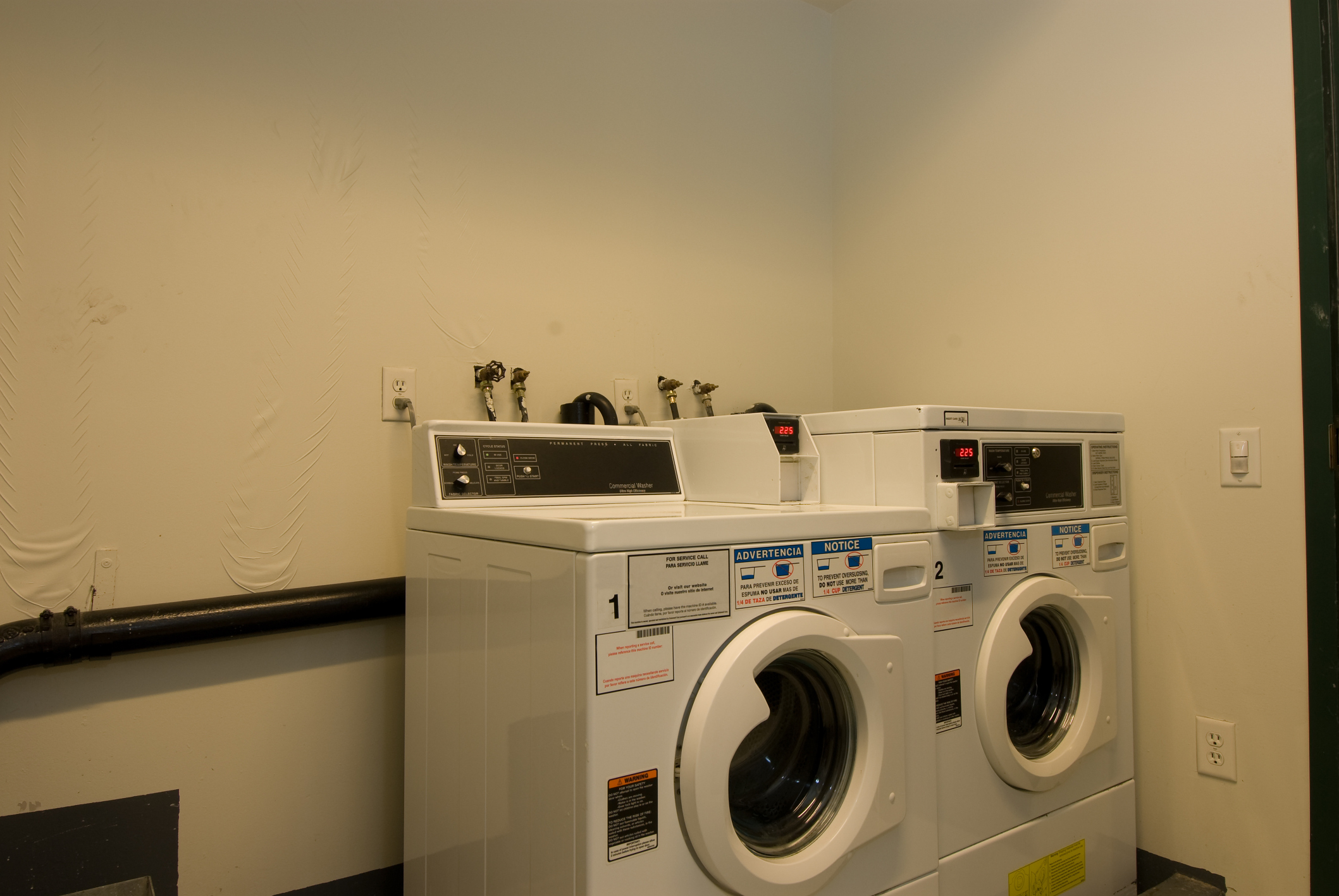
Are you thinking of painting your exterior? If you are not planning to paint your house's exterior, it may be worth looking into hiring a professional. This article will show you how to get started, prepare your home for the painting process, and choose a painting contractor. There are several benefits to hiring a professional. Here are some tips to help you choose a painting contractor.
DIY house painters exterior
While many homeowners prefer to do their own house paint, others may hire professionals. Painting exterior houses can be time-consuming and requires more attention. Particular attention should be paid to shutters and window ledges. Before you paint, make sure to repair any damaged ones. After you have painted the exterior of your home, you can start working on other projects.
Paint can be painted over old paint as long as it is in good condition. However, it is important to remove any flaking, blistered, or damaged paint before painting. Alternatively, bare wood should be primed. You can either use a paintbrush or a roller to apply exterior paint. For small surfaces, a paintbrush will work best. Large surfaces require a roller. You can find a brush and a paintbrush to match the color of any surface, regardless of what tool you use.

Professional painting
It is worth hiring a professional to paint your house. House painters are equipped with all the necessary equipment to do the job. This means you won't have to buy expensive equipment like rollers and brushes or worry about removing outlet covers. It will also save you the time of cleaning up all the mess. Apart from this, you'll be able to save a lot. A professional house painter can give you peace of heart. This allows you to concentrate on other important aspects of your daily life.
You should prepare your house for professional painting before hiring one. Make sure to move all your furniture and personal items out of the way. Paint will flow more quickly if you have no distractions. Make sure your pet is safe. You might also consider moving obstructions so that the painters don't have to worry about them.
Preparing your home for painting
You must first inspect your exterior before you start home painting. This will allow for you to see any potential problems, such as popped nails and water stains. You need to look out for mold and dinginess as well as general wear and tear. Knowing what you need to do is key to solving a problem quickly. This is why you need to create a list. Then, separate it.
Another part of exterior home preparation is repairing broken or rotting wood or rusted metal. Then, repair infestations and replace any caulk. Once this is done, you are ready to start painting. The final step in home painting preparation is removing all wall-hanging materials. This will ensure a professional, smooth finish. It is important to take down any damaged or missing items from walls during painting.

The process of choosing a painter
There are several factors to consider when choosing a house painting contractor. All contractors are not created equal so it may be necessary to do some research in order to select the best. Fortunately, the Internet is a valuable resource when it comes to choosing a painting contractor. You can find many reviews and ratings online for various contractors and companies. This gives you an immediate and detailed overview of how a contractor performed their job. You can also find customer reviews and evaluations of their tools and efficiency. Get our free guide on hiring painters to ensure you make the right choice.
Once you have selected a contractor, it is important to choose a person who is friendly and can do the job professionally. Experienced painters will likely answer hundreds of questions from clients. However, contractors with good customer service etiquette will answer your questions as if they were the first. Ask whether the contractor will take down wallpaper and make repairs. Make sure to hire a painting contractor who wears multiple hats and exceeds client expectations.
FAQ
What happens if one party doesn't take their side of the deal?
The law allows you to sue the other party for damages if you don't fulfill your agreement. Damages include the amount due plus interest, court cost, and legal fees.
What is a service contract agreement?
A Service Contract Agreement is an agreement between two or more parties to provide services. The SCA details the services being provided, the time and effort they should be used, who should pay for them, when they will start, and how much. The agreement also specifies what happens to the other party if they breach their obligations.
Is there an upper limit on how much I can spend?
No. Your SCA sets an upper limit on the total cost of the project. You might be able to negotiate lower prices with the contractor.
Is a guarantee a service contract?
A service agreement is not a warranty. A service contract is an agreement between two people to exchange goods or services. In this instance, the customer agrees that he will cover the costs of replacement or repair if the product doesn't perform as expected. This type is also known under the name maintenance contract.
Statistics
- (v) Place or places of performance of the prime contract and first-tier subcontracts estimated at $10 million or more, if known. (acquisition.gov)
- (d) Contractor disputes related to compliance with its obligation shall be handled according to the rules, regulations, and relevant orders of the Secretary of Labor (see 41 CFR60-1.1). (acquisition.gov)
- (ii) Name, address, and telephone number of each proposed first-tier subcontractor with a proposed subcontract estimated at $10 million or more. (acquisition.gov)
- (3) The contracting officer may provide for a contract price adjustment based solely on a percentage rate determined by the contracting officer using a published economic indicator incorporated into the solicitation and resulting contract. (acquisition.gov)
- (1) Ascertain the extent to that offers are based on the payment of overtime and shift premiums; and (2) Negotiate contract prices or estimated costs without these premiums or obtain the requirement from other sources. (acquisition.gov)
External Links
How To
How to Write A Good Service Agreement?
It is important to remember that you must satisfy two requirements when writing a good service agreement.
First, meet the customer's needs.
You must secondly comply with legal requirements.
It is important to ensure that you have the following items covered by your service agreement.
-
Identify the parties.
-
Define the subject matter of the agreement.
-
Specify the term of your agreement.
-
Find out if you offer any warranties.
-
Describe the obligations, as well as liabilities, of each party.
-
You must choose the payment method.
-
Clearly explain how disputes will be resolved.
-
Details about any special instructions and limitations.
-
Sign the contract by both parties.
-
Include a clause that states that the agreement was read and understood prior to signing.
-
Make sure that you have a copy of the agreement with you.
-
Before you send your service agreement to the buyer, ensure that you carefully review it.
-
You can contact your supplier right away if you discover any issues with the agreement.
-
After everything is fixed, you can send off the revised version.
-
Don't sign the agreement until the buyer has confirmed that they have accepted all changes.
-
Keep a duplicate of the original agreement, as well the finalized one.
-
In some countries, service providers are legally responsible for quality services to their customers.
-
Keep a written record of all correspondence between yourself and the customer in case there is a dispute.
-
Always seek professional advice on how best to draft a service agreement.
-
Be aware that the buyer could request an amendment to the contract terms after they have been accepted.
-
Before you agree to any change, make sure you check that it is your decision.
-
Never accept a request for change without checking first.
-
Tell the customer why you don't want to accept the change.
-
If you are still not in agreement, then tell them that the change is unacceptable.
-
If the customer does not accept your decision, you can refuse to sign the contract.
-
If the customer accepts the decision, then the contract can be completed.
-
If you have agreed to a change in the contract terms, you should also agree to the new conditions.
-
Before you send out the completed contract, make sure that you have checked it thoroughly.
-
Also, ensure that the law is followed.
-
Send the contract completed to the buyer for them to start.
-
Keep a copy for future reference.
-
Failure to follow these simple rules could result in you losing money.
-
It takes little time to create a service agreement.
-
The more detail you provide, the better.